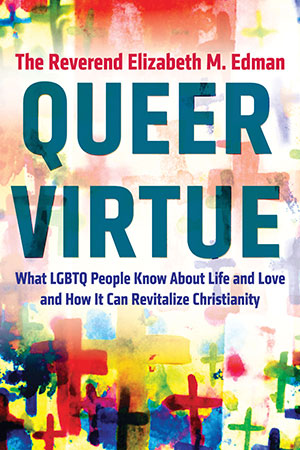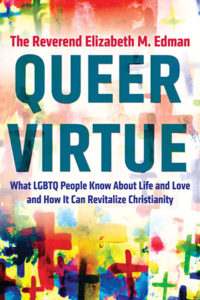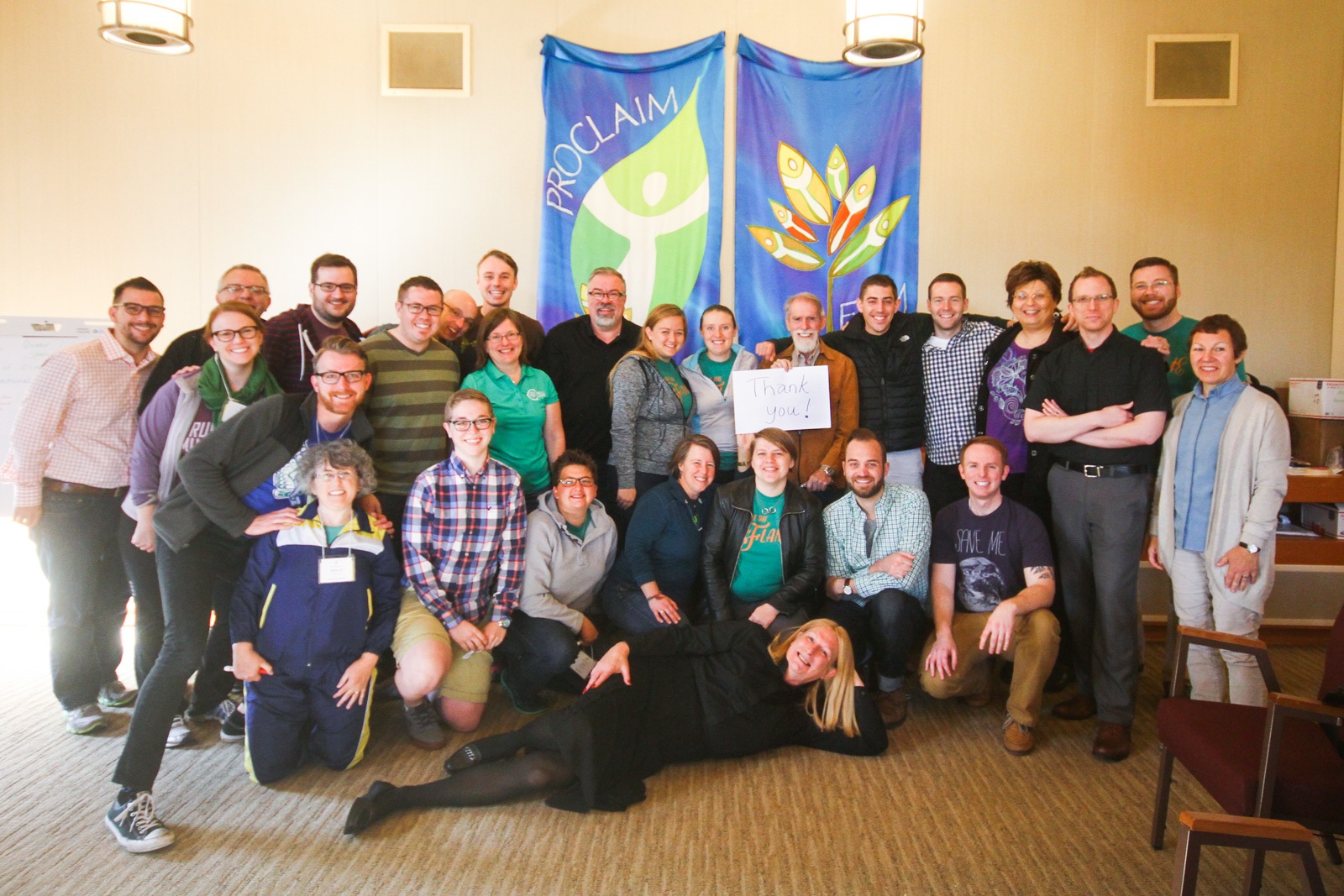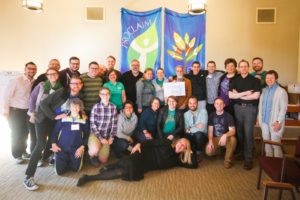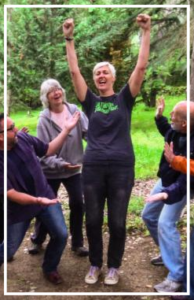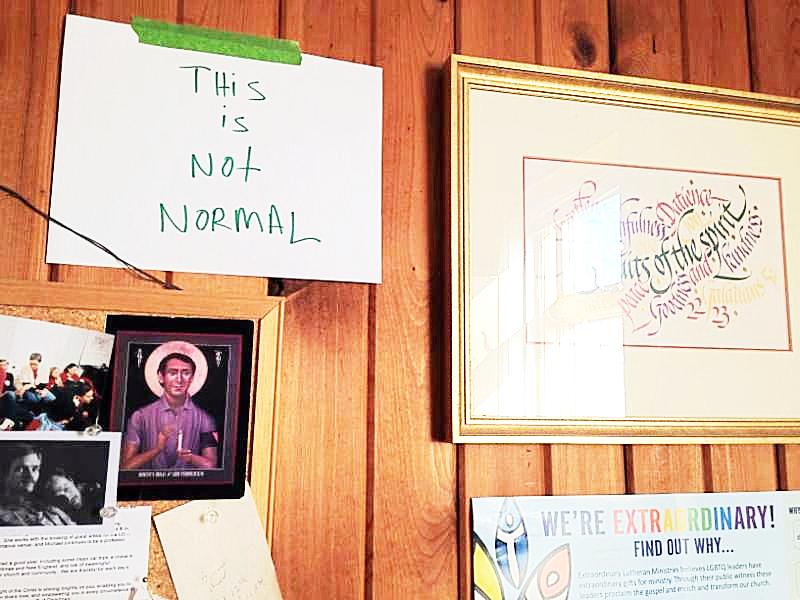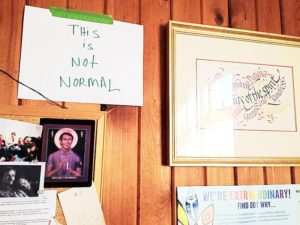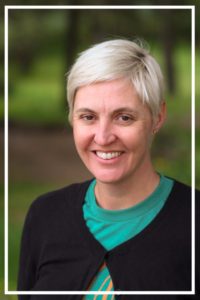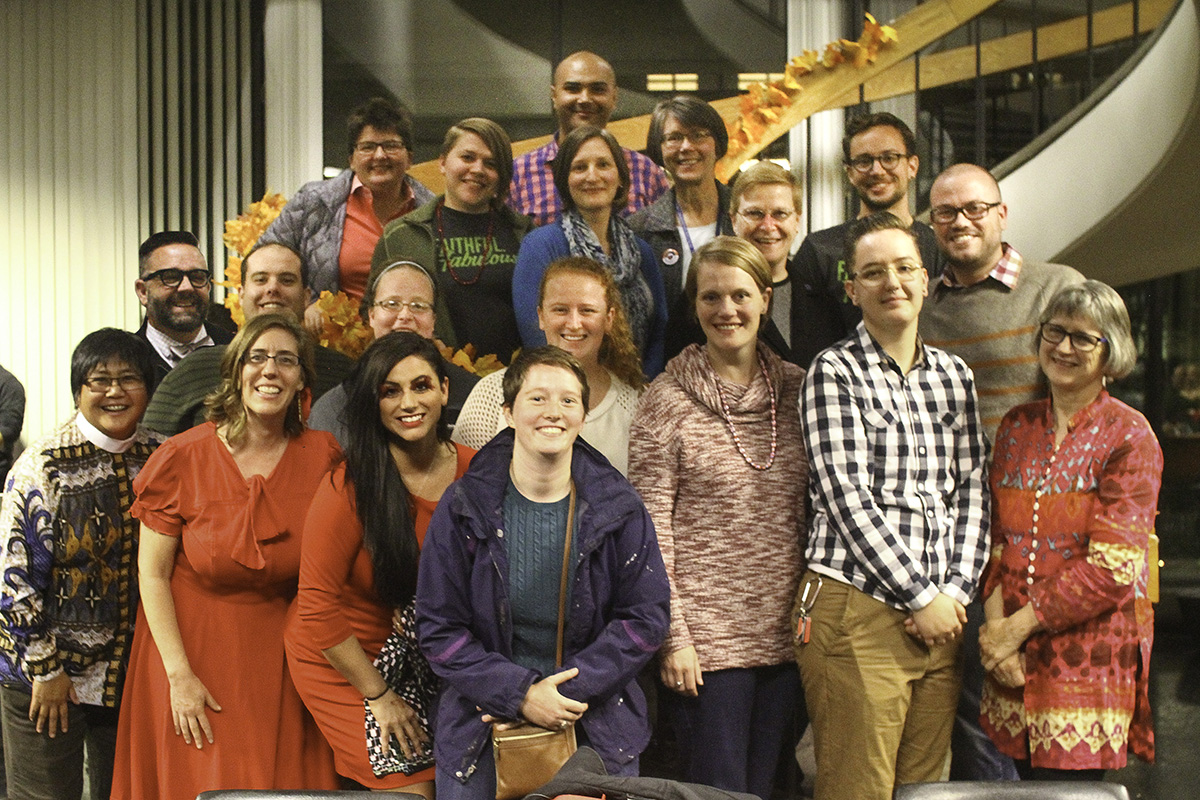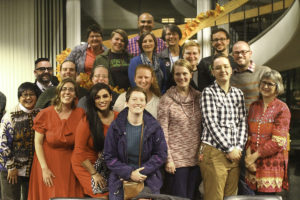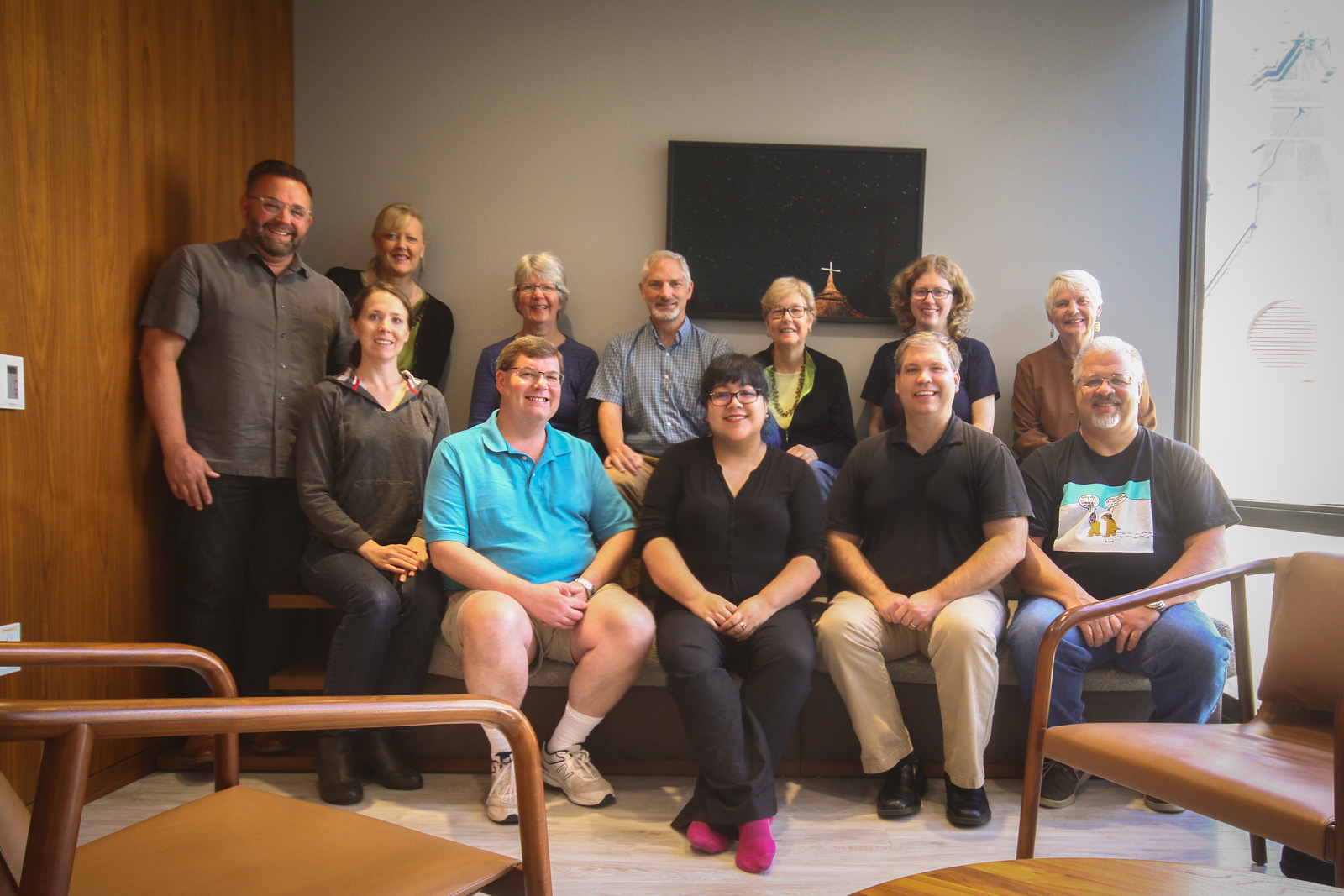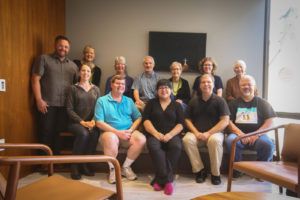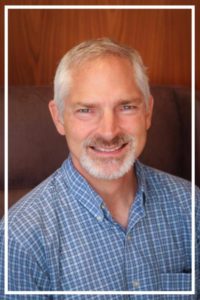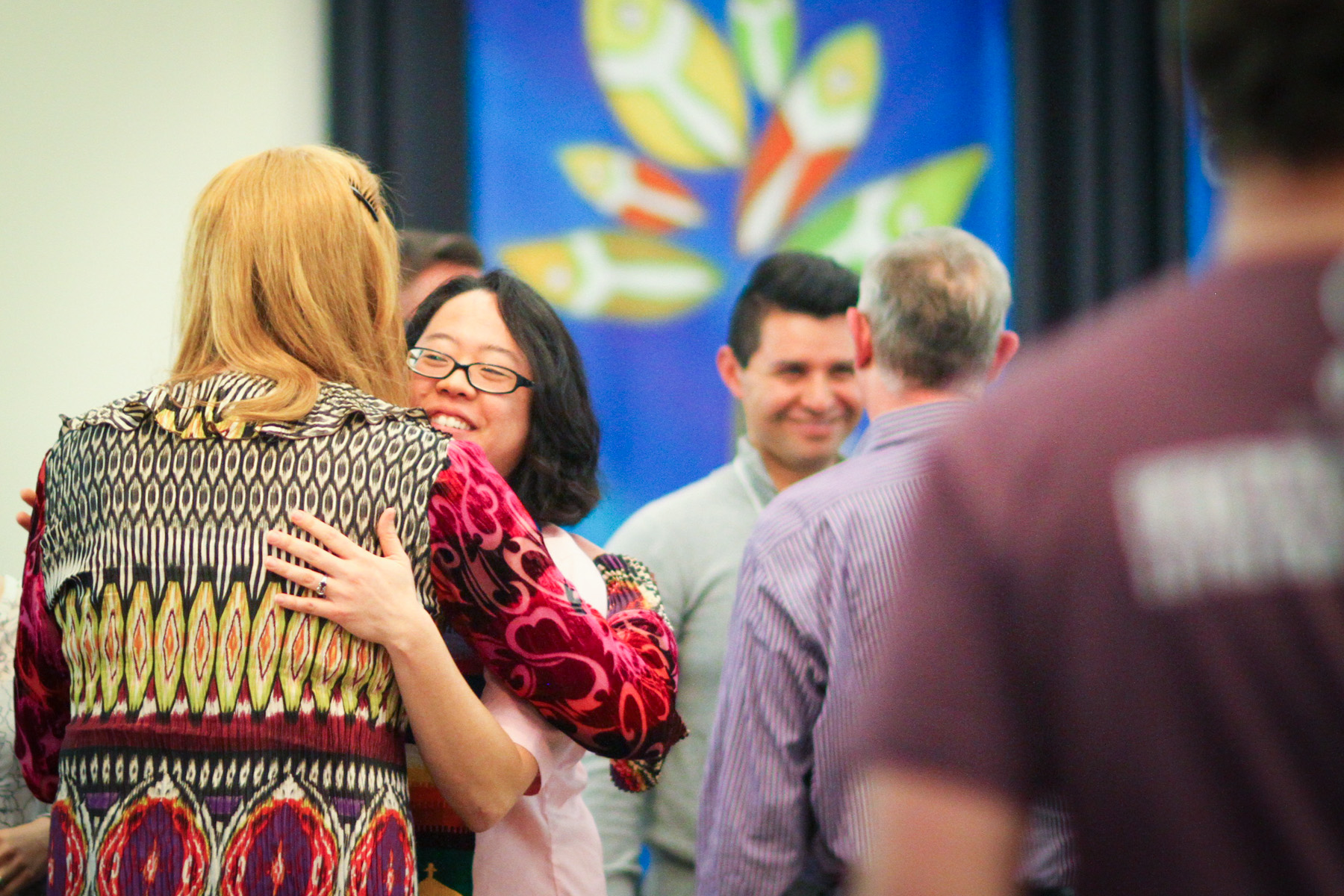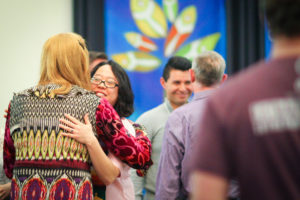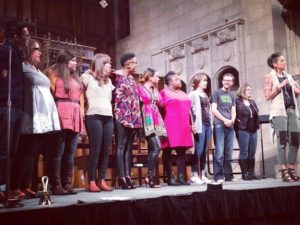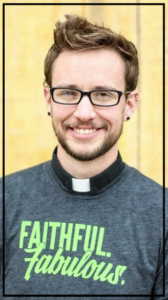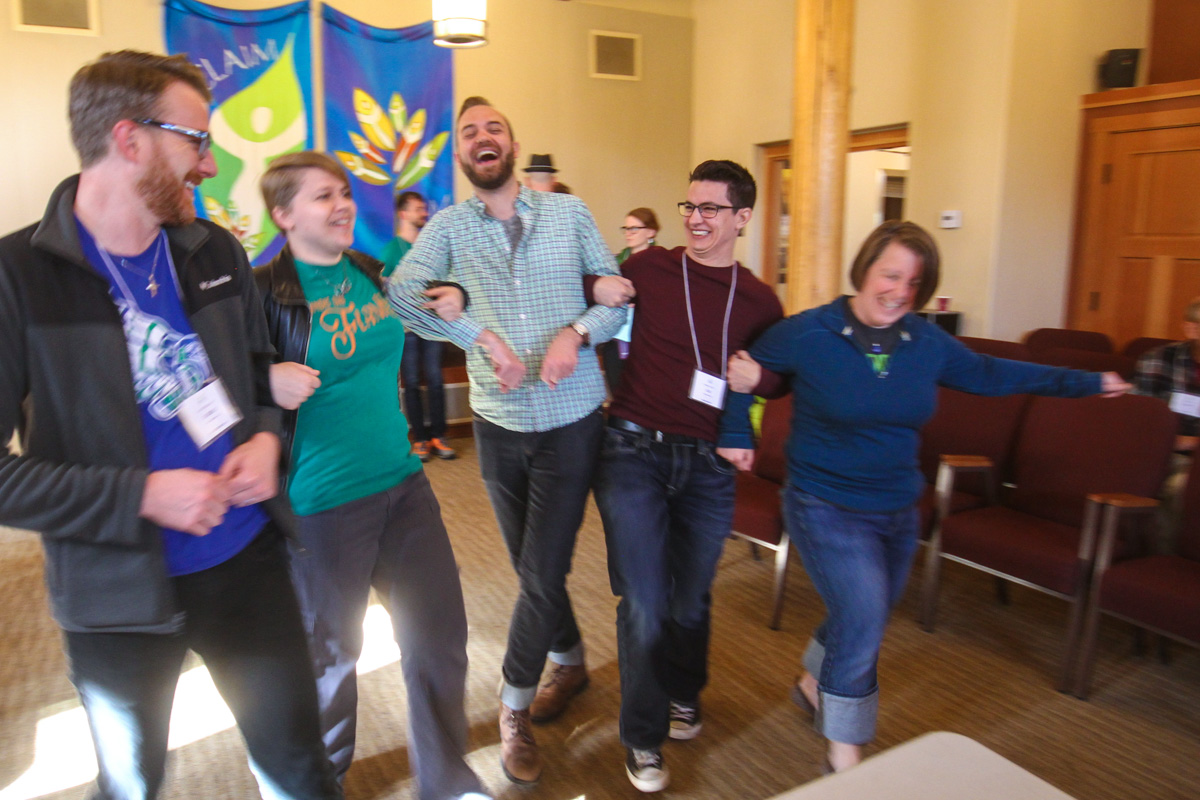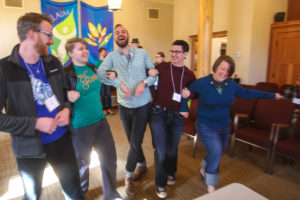
Photo credit: Marlene Helgemo
by Rev. Gordon Straw
ELCA Pastor and ELM Board Member
On December 4, 2016, the U.S. Army Corps of Engineers denied an easement for the Dakota Access Pipe Line (DAPL) to cross underneath the Missouri River. This denial effectively prohibits progress on the pipeline. This is a huge victory for tribal sovereignty and the Standing Rock Nation!
The next day, Dave Archambault II, the chairman of the Standing Rock Sioux Nation, whose sacred lands and primary water supply are being threatened by the DAPL, issued a statement thanking all the Water Protectors, the hundreds of tribes, and the hundreds of thousands from around the world for their support and prayers. Then, he told us that it is time to go home.
Wait, what? Go home? There has been so much struggle up until now and the need for support has only begun. How do we stand with Standing Rock now?
In a Context of Tension and Backlash
This is a complex situation, which promises to become more so as time goes on. The Army Corps will find an alternate route for the DAPL. This gives a more permanent solution that the Nation can accept, but will anger both Energy Transfer Partners and those who want to stop the pipeline completely. Chairman Archambault is concerned that Energy Transfer Partners and ND state government will be looking for any “justification” to step up their violent repression of the Water Protectors.
The Oil Protectors are already calling on President-elect Trump to overturn the ruling his first day in office. But, the ruling will likely prevent even the Trump administration from acting quickly. Others are rightly concerned that Energy Transfer Partners doesn’t care about the easement and will simply pay the fines for violating the law. It’s the cost of doing business. Tribal members and non-Indian residents alike live in a context of tension and backlash. Members of churches are pitted against one another, navigating between moral and economic integrity.
It isn’t simple or easy to stand with Standing Rock.
Solidarity and Accompaniment
I believe the best way to stand for Standing Rock is to honor their sovereign right to govern themselves, protect their lands, their people, their ways of life and the water that brings them life. Despite competing agendas, these are what the Standing Rock Nation stands for.
I am proud to be part of Extraordinary Lutheran Ministries because its members and friends understand the intersectionalities of oppression and suffering. ELM knows of St. Paul’s words, “when one part of the body suffers, all suffer.” ELM knows this is true not only of the Church, but for all of Creation. So, we stand with Standing Rock: with our prayers, our support, with direct action.
We stand with Standing Rock by when and where they ask us to stand. It is their land. We are their guests. We must listen to them. Chairman Archambault is not telling us to go away. He is grateful for our support. And he knows that it will be needed in the near future. But, for right now, we need to go home.
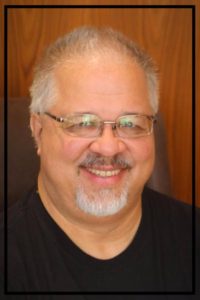 Gordon Straw is an enrolled member of the Brothertown Indian Nation. Gordon prefers the pronouns he, him, his. He has lived out his call to ministry in rural Minnesota, inner-city Kansas City, MO, American Indian/Alaska Native contexts, the Metro Chicago Synod, the ELCA Churchwide Organization, and as a bouncer in a downtown Minneapolis bar. He cherishes his wife, Evelyn, and daughter, Amanda. He has a passion for food, spirits, reading, music, and cross stitch.
Gordon Straw is an enrolled member of the Brothertown Indian Nation. Gordon prefers the pronouns he, him, his. He has lived out his call to ministry in rural Minnesota, inner-city Kansas City, MO, American Indian/Alaska Native contexts, the Metro Chicago Synod, the ELCA Churchwide Organization, and as a bouncer in a downtown Minneapolis bar. He cherishes his wife, Evelyn, and daughter, Amanda. He has a passion for food, spirits, reading, music, and cross stitch.
Join us. Give in support of faithful & fabulous LGBTQ+ people whose public witness as pastors, deacons, and seminarians is enriching and transforming our church.


